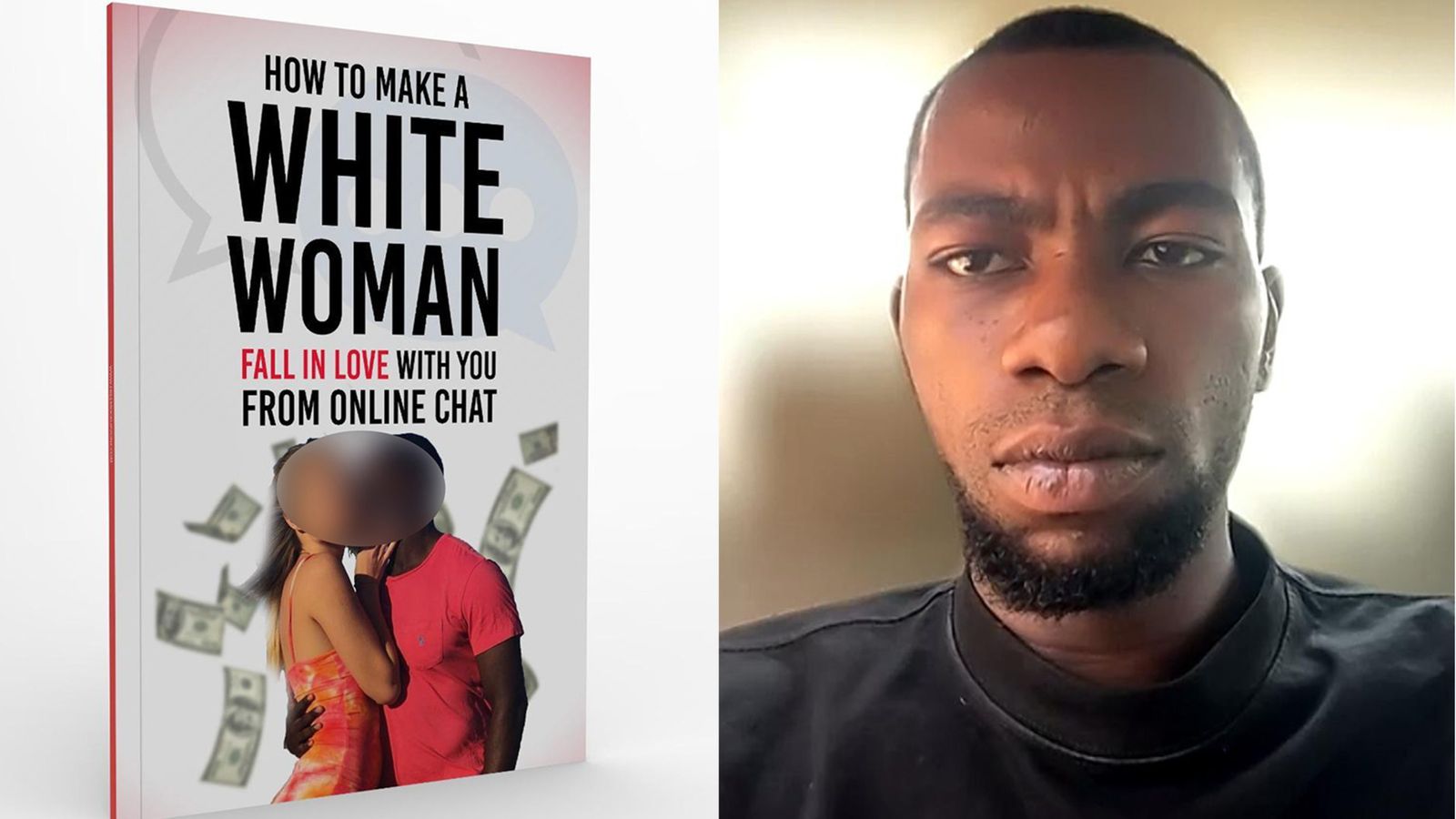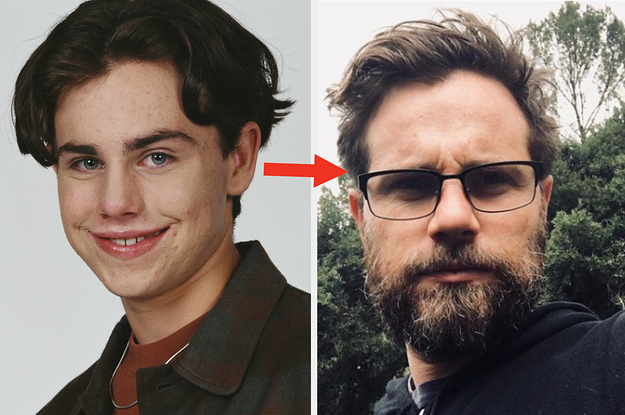Prosecutors in the case against the former CEO of the now-defunct FTX exchange, Sam Bankman-Fried (SBF), have pushed back against the defense’s suggested questions for jury selection. The co-founder faces seven counts of fraud-related offenses, including wire fraud of FTX customers.
On September 11, Bankman-Fried’s legal counsel proposed to ask potential jurors questions on various topics, including the effective altruism movement, attention-deficit/hyperactivity disorder (ADHD), political donations, and so on. The prosecutors also submitted their proposed questions for jury selection on the same day.
DOJ Calls Out SBF’s Lawyers For Being ‘Unnecessarily Intrusive’
On Friday, September 15, the Department of Justice (DOJ) wrote to Judge Lewis Kaplan of the US District Court for the Southern District of New York, slamming the nature of questions submitted by Sam Bankman-Friend’s legal team. The prosecutors argued that the defense’s proposed voir dire contains numerous “unnecessary and time-consuming questions.”
A part of the letter read:
The defense requests numerous open-ended questions about what opinions potential jurors have formed about the case, the defendant, and the defendant’s companies and asks whether potential jurors can “completely ignore” what they have previously seen. This is unnecessarily intrusive and goes beyond the purpose of voir dire.
Voir dire, French for “to speak the truth,” refers to a preliminary examination of a witness or the jury pool by a judge or counsel.
Related Reading: Former Mt. Gox CEO Responds To FTX’s Sam Bankman-Fried Requesting For Freedom Before Trial
Specifically, the DOJ kicked against questions in sections addressing pretrial publicity, the use of resources to help others (effective altruism), political donations, and ADHD.
In one of the objections, the prosecutors said the questions about effective altruism “are a thinly veiled attempt” to cast Bankman-Fried in a positive light and ultimately strengthen their defense.
The DOJ asserted that:
Whether or not the defense can establish an admissible purpose for the defendant’s purported philanthropic commitments, voir dire is not the appropriate forum to suggest to the jury that the defendant was simply a good guy who wanted to make the world a better place.
Ultimately, the Department of Justice wants the court to use its own voir dire, which it claims contains “standard, neutral, and appropriate questions.
Is Sam Bankman-Fried’s Counsel Seeking Sympathy?
As earlier noted, Bankman-Fried’s lawyers touched on the subject of attention-deficit/hyperactivity disorder in its proposed voir dire. This comes as no shock, considering that SBF reportedly suffers from the condition.
However, the prosecutors believe that questions on ADHD are irrelevant and prejudicial, as they would only “improperly” portray Sam Bankman-Fried in a sympathetic light at the beginning of the trial. For this reason, the DOJ urged the court to prevent the mention of the defendant’s mental health – or the symptomatic body language – to the jury.
The Department of Justice further argued:
The defendant is currently taking medication for his ADHD, which should effectively manage any symptoms. Moreover, the description of the potential visible symptoms of ADHD is both vague and expansive and invites the defendant to disrupt the trial under the guise of exhibiting symptoms of ADHD.
Sam Bankman-Fried, who has maintained his innocence in this case, will begin his trial in New York in early October, barring any postponements.




